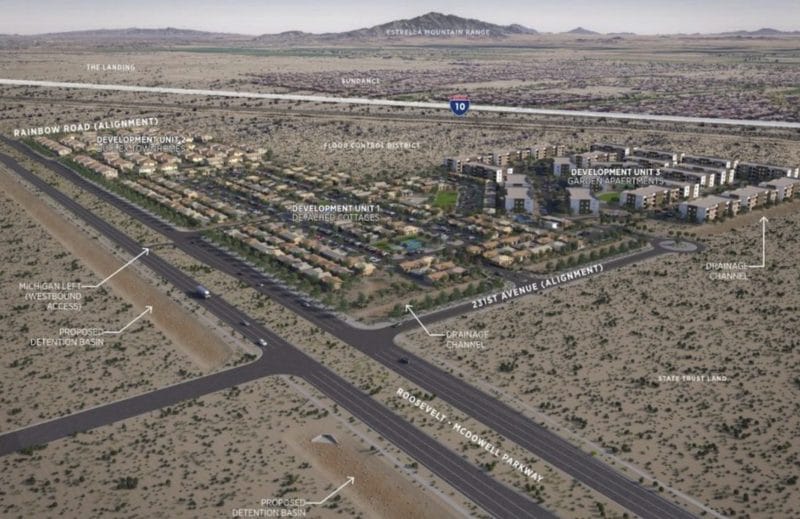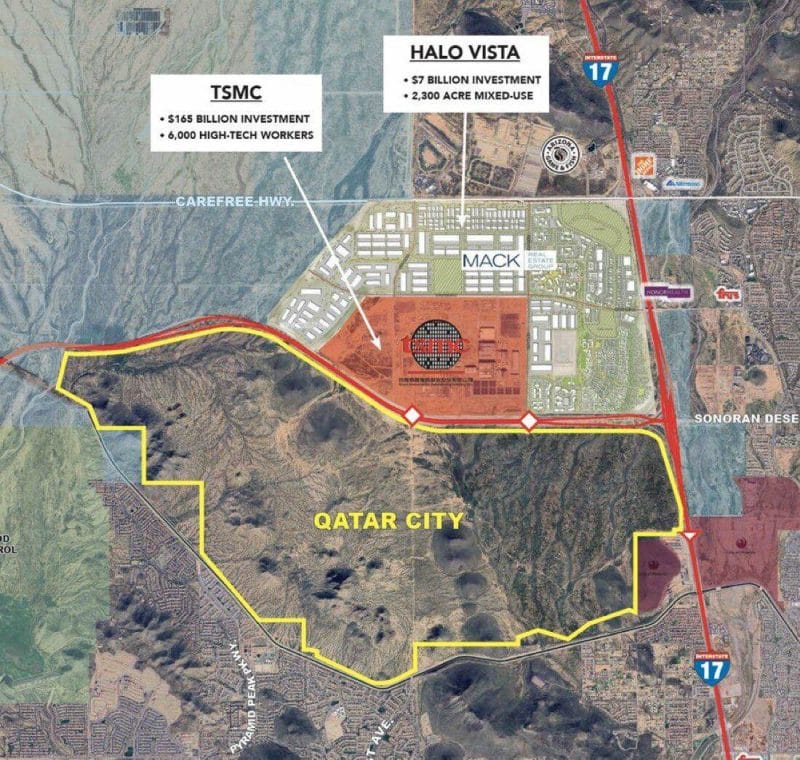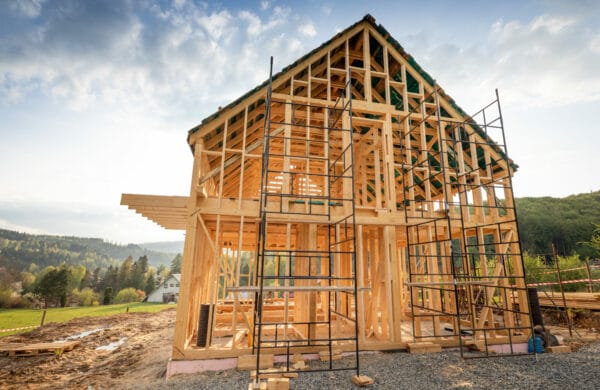
By Patrick Groves, Government Technology | Governing
The IT leaders and elected officials of these top cities have braced themselves for the next decade by leveraging vendor solutions, identifying infrastructure upgrades and making government-wide changes to philosophy.
Here are the Arizona Digital Cities 2019:
Up to 75,000 Population Category
City of Marana, Ariz.
One of the strategic goals for Marana, Ariz., focuses on commerce. And to help residents and the town council stay current on development efforts, the Technology Services and Development Services departments built an interactive online map where the community and staff can see the various projects taking place, categorized by project type. Locations of the projects are easily identifiable on the map, along with supplemental information such as drawings, applicant info and status. New projects are also highlighted. This tool has been used in monthly presentations to the Town Council.
Another strategic goal to use technology to enhance government transparency has led Technology Services to create a dashboard that shows how the town is meeting defined metrics. Prototypes include: Development — permits issued, new home construction, new water connections, etc.; Community — new business licenses, crime, and animal services; and Human Resources — demographics, turnover rates, number of positions, etc.
And in an endeavor to improve public safety, the Police Department and Technology Services collaborated to develop a Web form that residents can use to report traffic issues. The police Motors Division will then report back on the work being done to resolve the issues. This project is in development and is scheduled to go live in 2020.
75,000-124,999 Population Category
City of Avondale, Ariz.
One of the focuses in 2019 for Avondale, Ariz., was enhancing the lives of families in the city. To that end, a number of improvements took place with the Neighborhood Family Services Department, including the development of an online citizen intake form. The form allows staff to glean information from citizens on needs such as finances, food, medical assistance and counseling, and then recommend resources for the citizens’ needs. The system has saved the staff six hours a week of data input.
The city also continued to utilize its AI-based cybersecurity system, which continuously monitors networks, files and outbound traffic for anomalies or unusual patterns. The city also collaborates with the Arizona Cyber Threat Response Alliance, where partners in industry, academia, law enforcement and intelligence share data and resources to analyze and respond to cyberthreats.

Avondale also continued its collaboration with several agencies to add improved communication and dispatch to the emergency operations center (EOC). Collaborations with ISM Raceway; the Department of Homeland Security; the FBI; Phoenix Regional Fire Dispatch; and the County Sheriff allow the EOC to be used as a command center during a major event or special activity, such as a NASCAR race. The EOC has the benefit of computer-aided dispatch remote consoles for fire, EMS and law enforcement, as well as multi-channel 800 mHz, VHF and UHF radio control.
250,000-499,999 Population Category
City of Chandler, Ariz.
Home to around 260,000 people, Chandler, Ariz., aspires to be the “most connected city,” as it continues to invest in both emerging technologies and government services. The city has taken the lead with autonomous vehicles by engaging with multiple companies, from Intel to General Motors, in research and development for self-driving automobiles. Chandler’s partnership with Waymo appears especially fruitful: The city is creating protocols, training, and tests for autonomous vehicles specifically related to emergency response. Starting last June, Chandler kicked off a program in which dozens of employees are using self-driving cars for city business.
Chandler has beefed up its Internet-based products and services over the last year. The city revamped its website (www.chandleraz.gov), held a public budget forum live on Facebook and YouTube and launched an app that allows citizens to access every book and service from the Chandler Public Library. Through text messages, residents can now set up and review building inspections, resolve code enforcement violations, keep track of court dates and fees and contact the police for whatever reason. Thanks to an expanded self-service portal, many companies can submit engineering plans and zoning applications electronically. Moving forward, Chandler will look into the possibility of utilizing blockchain technology for voting and hopes to incorporate customer analytics, predictive analytics and machine learning into its city services.
500,000 or more Population Category
City of Phoenix, Ariz.
Phoenix, with 1.6 million residents, is the fifth most populous city in the country. While it doesn’t grab a lot of smart city headlines compared to America’s other large municipalities, the city has quietly become a digital government powerhouse. It starts with one of its core policies of giving all residents a seamless customer service experience. In response, the city, with the help of the IT department, has opened 20 new contact centers featuring the latest in CRM technology to intelligently route 2.2 million calls annually. Other types of customer-related initiatives include a new CAD system that delivers situational awareness for the city’s fire personnel and a customer-focused data analytics project for the case management system serving the city’s homeless.
Customer service upgrades using technology are just one part of the city’s overall digital strategy. In 2019, the city deployed over 300 5G small cells, positioning Phoenix to become one of the first 5G-enabled cities in the U.S. It has integrated its 99 official social media pages, so that the public has one point from which to view what city agencies and officials are posting. The city has spent $30 million to replace its phone and data network and has equipped 1,000 police officers with body cams, with another 1,000 expected to be added in the next five years.
In 2019, Phoenix hired its first chief information security officer and began work on the Network Security Operations Center, which will operate as an independent and isolated security office designed to protect, detect and defend the city against domestic and foreign network and cybersecurity threats.
Last year, Phoenix also hired its first chief data officer to steer innovative approaches to data and information management, particularly in the emerging fields of machine learning, artificial intelligence, data science and open data. This effort will include the implementation of formal data governance protocols and aligns data analytics strategies with the business needs of the individual departments using an enterprise-wide data model.
City of Mesa, Ariz.
In 2018, Mesa, Ariz., pushed to create a comprehensive Smart City Master Plan. It was just one of several examples of the city’s forward-looking priorities for local government that has resonated elsewhere. Another example is its focus on improving daily life, rather than simply rolling out tech-heavy applications, highlighting the city’s more thoughtful approach to digital deployments. The IT department has been heavily involved in smart city efforts and has created a “comprehensive application integration architecture” for the tools and services it deploys. This includes the incremental expansion of city-owned fiber infrastructure to better connect smart city tech.

When it comes to using data — whether collected by sensors or in the city’s financial department — transparency is a key component. The recent creation of the Data Engineering and Analytics Team shows Mesa’s collective commitment to using data in the most effective way possible. The city’s data goes beyond financial ledgers; it also offers information about projects underway throughout the city. The Mesa Active Development Map allows users to review the progress of projects throughout the region. Data is also used to improve services, including the deployment of public safety resources. For example, the city used data from public safety calls to better assess which neighborhoods needed additional fire and police stations, with the goal of improving response times to emergencies. To better protect city data and resident privacy, the city’s chief information security officer has also assumed the role of chief privacy officer.
Where cyberdefenses are concerned, the city has taken a proactive approach to preparing for the worst. Staff receive mandatory awareness trainings and remote access is guarded by multi-factor authentication requirements. Additionally, phishing tests are conducted three times a year to keep employees aware of the potential dangers. Ongoing efforts are underway to continue to automate cybersecurity tools and monitoring. IT staff recently completed the first phase of an effort to inventory all IoT devices to assess the risks associated with connected devices on their network. To prepare a future IT workforce, the city is partnering with educational institutions, including shared services with the Mesa Public School system, and paid internships to students from Benedictine University.







